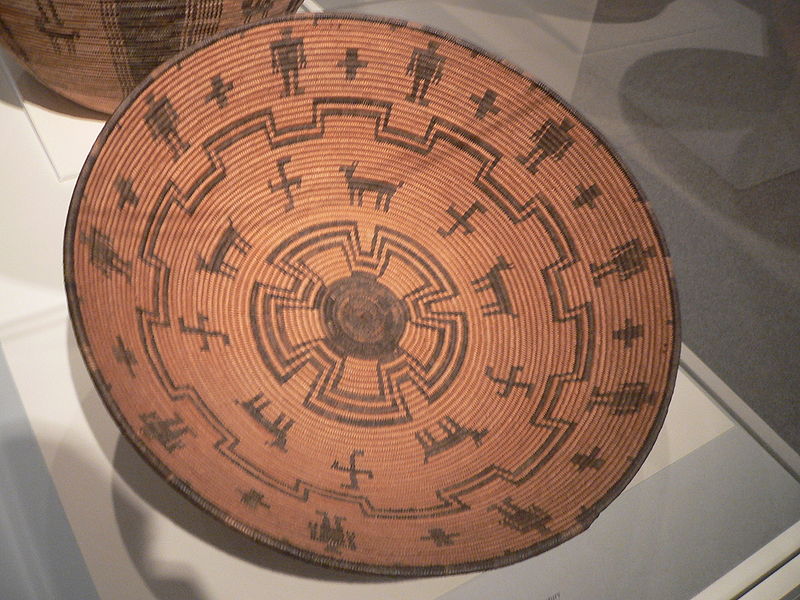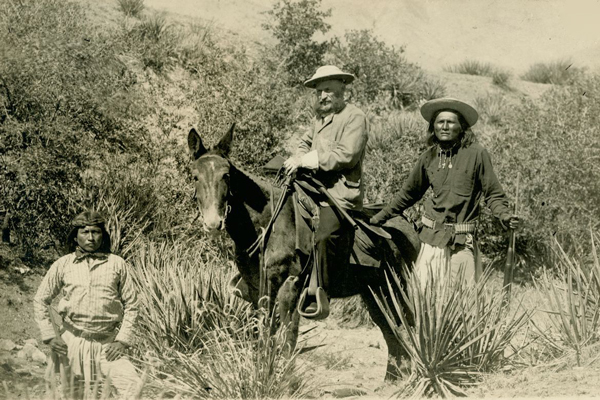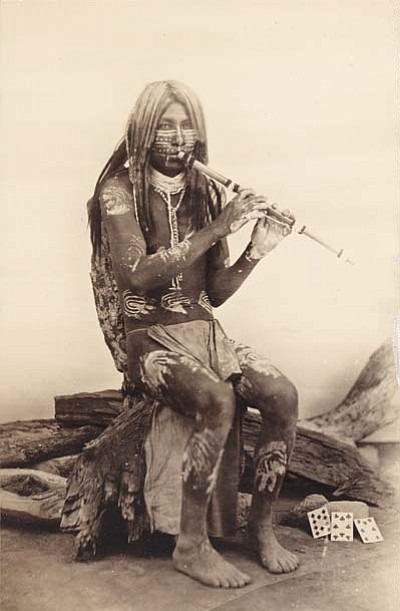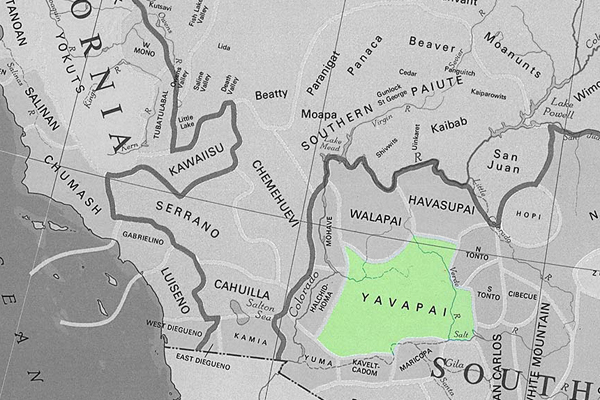
The Yavapai are a Native American people who traditionally inhabited Arizona’s central and western regions in the southwestern United States. Their name is derived from the Yavapai word “Enyaeva,” meaning “people of the sun.” The Yavapai are closely related to the Havasupai, Hualapai, and Apache peoples and share linguistic and cultural ties.
Historically, the Yavapai were semi-nomadic, engaging in hunting, gathering, and some agriculture. They hunted game, gathered plants and seeds, and cultivated crops in the riparian areas along rivers.

With European settlers’ arrival and the United States’ westward expansion, the Yavapai, like many other Native American groups, faced significant challenges. They experienced conflicts with European settlers and the loss of their traditional lands.

The Yavapai people were forcibly removed from their ancestral lands and faced forced marches and resettlements in the late 19th century. This period was marked by hardship and suffering, and many Yavapai people were relocated to the San Carlos Apache Reservation.
Today, the Yavapai-Apache Nation is a federally recognized tribe that represents the descendants of the Yavapai and Apache people. The Yavapai-Apache Nation has reservations near Camp Verde and Clarkdale in Arizona. The tribe is actively involved in cultural preservation, education, and economic development initiatives to ensure the continuation of their heritage.

Efforts are made to revitalize the Yavapai language, traditional arts, and cultural practices. Like many Native American groups, the Yavapai-Apache Nation engages in discussions related to tribal sovereignty, land rights, and the broader recognition of indigenous rights.